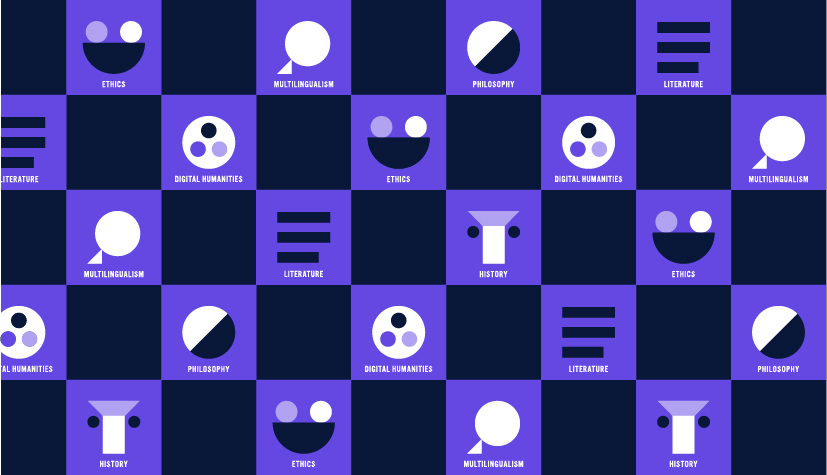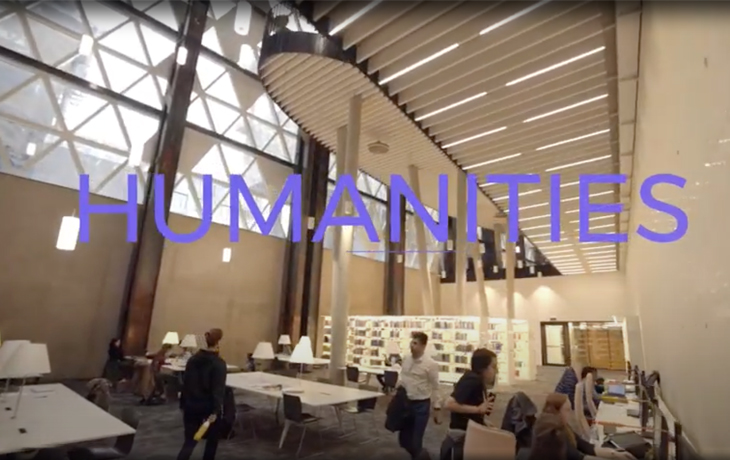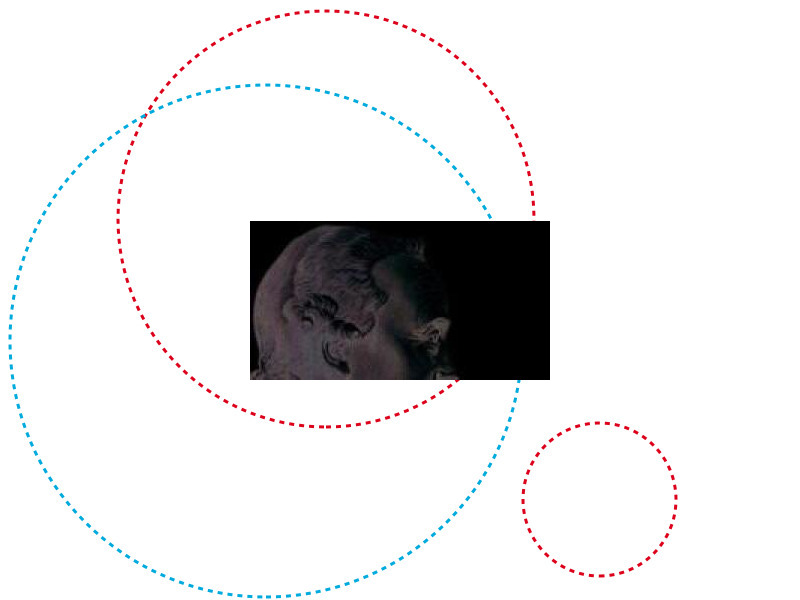A glimpse into our department
A unique combination of disciplinary and interdisciplinary research and teaching
Our research projects cover a wide range of disciplines and fields, including history, linguistics, literature & arts, multilingualism, philosophy, digital humanities & media studies, and didactics. Reflecting on the unique cultural and linguistic richness of Luxembourg, we offer a wide range of interdisciplinary, often multilingual programs in an international and inclusive atmosphere. Our courses are research-oriented, often with hands-on opportunities for projects, in collaboration with stakeholders from the Luxembourgish society and international actors.
Our department in numbers
-
139Staff Members
-
1Lab
-
11Study programmes
Events
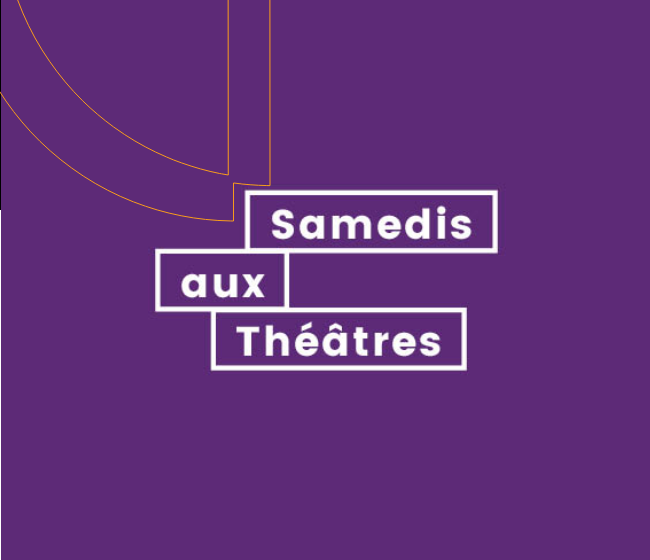 Saturday 09 DecemberVorlesungen und Seminare
Saturday 09 DecemberVorlesungen und SeminareWien huet d’Box un an der lëtzebuergescher Operett?
Learn more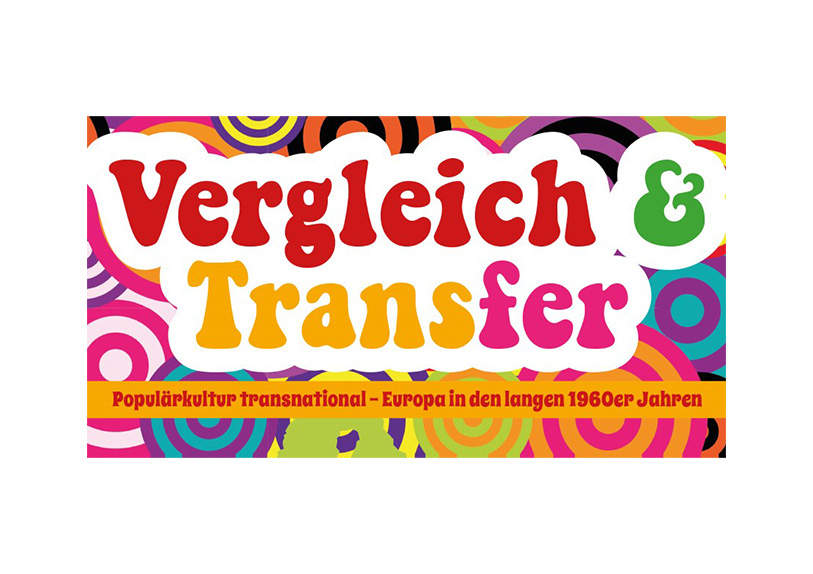 Wednesday 15 NovemberVorlesungen und Seminare
Wednesday 15 NovemberVorlesungen und SeminareVergleich & Kulturtransfer – eine in die Jahre gekommene Debatte?
Learn more
